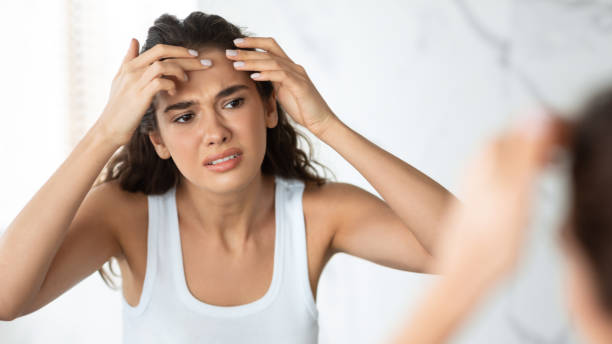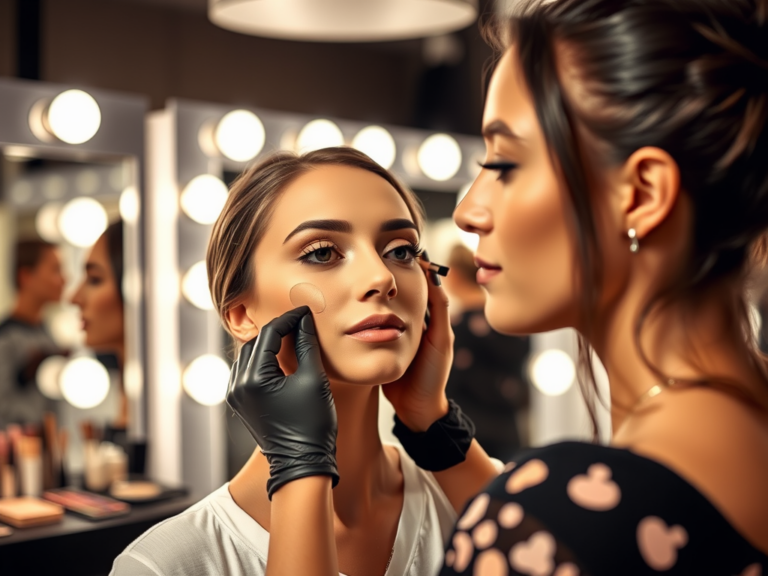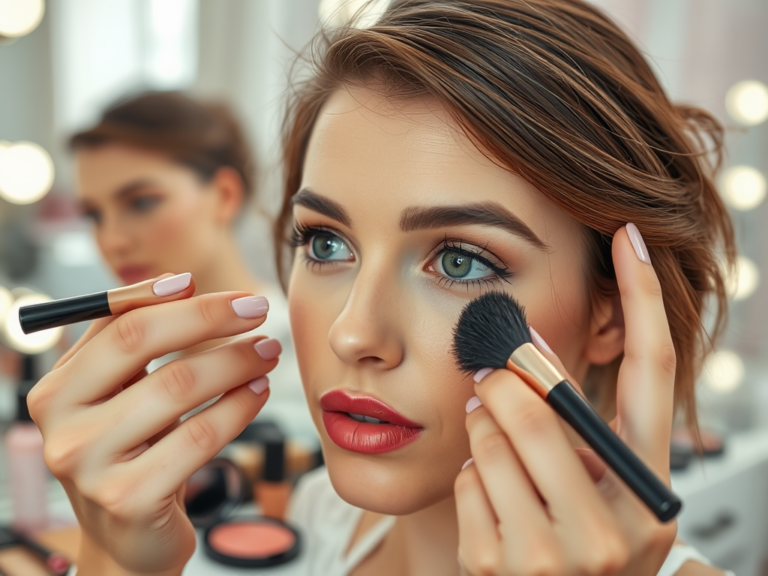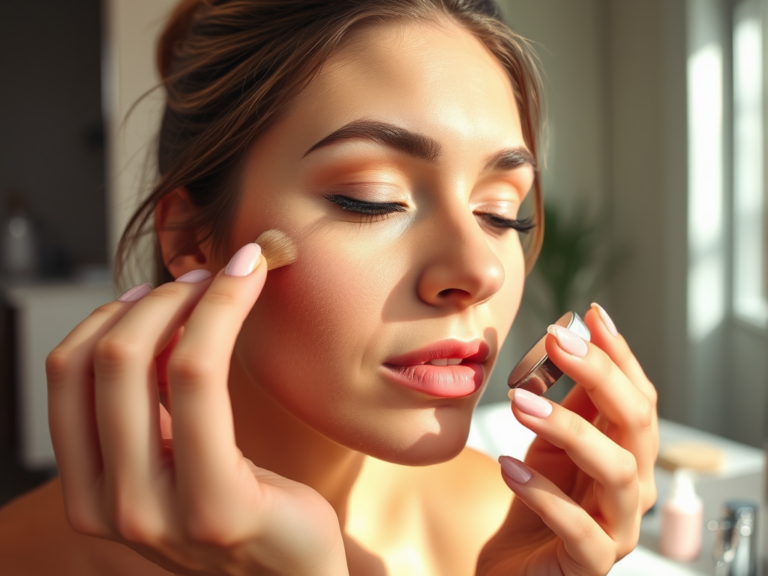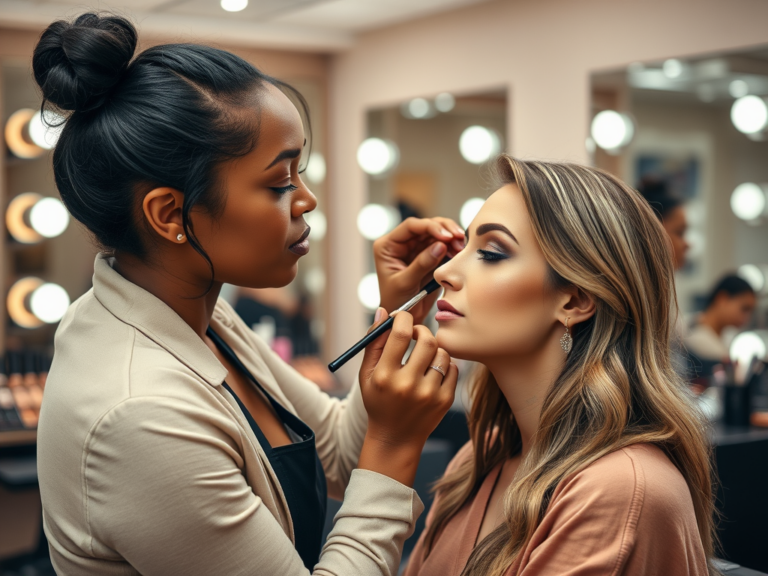If you’ve recently noticed your forehead sprinkled with pimples, you’re likely grappling with the puzzling question: why is my forehead breaking out all of a sudden? While the appearance of acne on the forehead can be startling, it’s a common phenomenon with a variety of potential causes, ranging from hormonal fluctuations to your beauty regimen. Understanding these causes is the first step towards clearer, healthier skin. In this article, we’ll delve into the myriad factors that might be behind your sudden breakouts and offer insights to help you address them.
Understanding Acne: A Brief Overview
Acne is not just a hallmark of adolescence; it can come knocking at the door of any age group. Essentially, acne is a skin condition that emerges when hair follicles become clogged with oil and dead skin cells. This can lead to whiteheads, blackheads, or pimples. There are several forms of acne, which differ based on their severity and appearance:
- Comedonal acne, primarily seen as blackheads and whiteheads.
- Inflammatory acne, which includes red, tender bumps known as papules and pustules filled with pus.
- Cystic acne, a more severe form characterized by large, painful lumps beneath the skin’s surface that can cause scarring.
Each type is treated differently, and a dermatologist’s insight is often valuable for serious cases.

Common Causes of Forehead Acne
Your forehead might be suddenly breaking out for a host of reasons. Here are some of the most common culprits:
- Hormonal Fluctuations: Hormones can play a significant role in the health of our skin. Androgens, for instance, can stimulate the oil glands in our skin, leading to an increased production of oil that can clog pores. Women may notice breakouts coinciding with the menstrual cycle, pregnancy, or any condition that affects hormone levels, such as polycystic ovary syndrome (PCOS).
- Dietary Choices: Increasingly, studies are pointing to a potential link between diet and acne, particularly foods with a high glycemic index and dairy products. Simple carbohydrates can cause spikes in blood sugar which may exacerbate acne for some people.
- Hair Products: Hair gels, pomades, and oils can contribute to clogged pores if they come into contact with the forehead. This is particularly true for products containing petroleum or silicone-based ingredients.
- Stress: Stress doesn’t directly cause acne, but it can amplify the problem by causing our bodies to produce more oils via stress-induced hormone imbalance.
Environmental and Hygiene Factors
Perhaps you’re an athlete or live in a humid climate; both sweat and moisture are not acne’s friends. Sweat can mix with bacteria and oils on your skin, leading to clogged pores. To add to this, not washing your face daily or after a sweat session can allow dead skin cells and oils to build up, creating a breeding ground for acne.
Let’s not forget daily habits that could be exacerbating the problem. Here’s a table illustrating actions that may cause forehead acne and their possible solutions:
| Problematic Habits | Possible Solutions |
|---|---|
| Over-washing the face | Limiting face washing to twice a day with a gentle cleanser |
| Using dirty makeup brushes | Regularly washing brushes and applicators |
| Touching the face frequently | Being mindful to keep hands away from the face |
| Using rough exfoliants | Switching to gentle, chemical exfoliants |
Skincare Regimen and Products
The road to clearing up acne often begins with evaluating your skincare routine. Are you nurturing your skin with the right products, or could they be the cause of your troubles? A common mistake is using heavy, oil-based moisturizers that can block pores. Employing non-comedogenic products, which are formulated not to clog pores, may significantly help reduce breakouts. Moreover, it’s crucial to assess the labels on your skincare products. Ingredients like sodium lauryl sulfate, commonly found in cleansers, can irritate the skin and lead to breakouts. Exfoliation is another critical aspect of a robust skincare regimen. Yet, harsh scrubs can do more harm than good. Instead, opt for gentle exfoliants that help remove dead skin cells without damaging the skin. A steady balance in your skincare acts as a foundational bulwark against acne.
When to See a Dermatologist
When over-the-counter methods and home remedies don’t seem to curb the tide of breakouts, it might be time to see a dermatologist. Seek professional advice especially if:
- You notice no improvement after trying different treatments for a few weeks.
- Your acne is severe, causing painful cysts and risk of scarring.
- The acne is causing significant emotional distress, which can happen at any age.
A dermatologist can provide treatments such as prescription topicals, oral medications, or even hormonal therapy tactics, depending on the underlying cause of your acne.

Preventative Measures and Lifestyle Changes
Preventing future breakouts can often feel like navigating a minefield, but with the right information and approach, it can be achieved with success. Lifestyle changes, while challenging to implement, can have a significant impact on the health of your skin. Here are a few tips for preventive measures:
- Stay Hydrated: Keeping yourself well-hydrated promotes skin health and helps in eliminating toxins that could contribute to acne.
- Regular Exercise: Exercise increases blood circulation, which helps in nourishing skin cells and keeping them vital. Sweat also helps clear out pores, but remember to wash your face after a workout!
- Mindful Eating: Incorporate a balanced diet with plenty of fresh fruits, vegetables, lean proteins, and whole grains while reducing your intake of high-glycemic foods and dairy.
- Adequate Sleep: Prioritize getting sufficient, quality sleep each night, as sleep deprivation can increase stress, which may worsen acne.
- Stress Management: Techniques such as meditation, deep breathing exercises, or yoga can help manage stress levels, thus potentially reducing breakouts.
In addition to these tips, it’s also essential to keep your bedding and phone clean, as oil and bacteria can transfer to your skin, contributing to acne.
Conclusion
In conclusion, there could be a myriad of reasons behind a sudden outbreak of acne on the forehead. This article has explored a host of these potential causes—from hormonal changes and dietary impacts to the importance of skincare products and hygiene habits. The key to tackling this issue is to consider a comprehensive approach that includes lifestyle changes, proper skincare practices, and possibly professional help for persistent or severe cases. By understanding the ‘why’ behind your skin’s changes, you can better navigate your path to clearer, healthier skin.

FAQs
- Can wearing hats cause forehead acne? Yes, wearing hats, especially if they’re tight-fitting or not cleaned regularly, can trap oil and sweat on the forehead, which can lead to acne.
- What role does gut health play in acne? Emerging research suggests a connection between gut health and skin health. A balanced gut microbiome may help reduce inflammation, which can be beneficial for acne.
- Should I stop wearing makeup if I have forehead acne? Not necessarily. However, it is important to choose non-comedogenic makeup products and ensure you thoroughly remove them each day.
- How long does it typically take for lifestyle changes to improve acne? While it varies for each person, improvements can generally be seen after making consistent changes over six to eight weeks.
- Can bangs contribute to forehead acne? Yes, if the hair is oily or comes into contact with oils from hair products, it can transfer to the forehead and contribute to acne.
